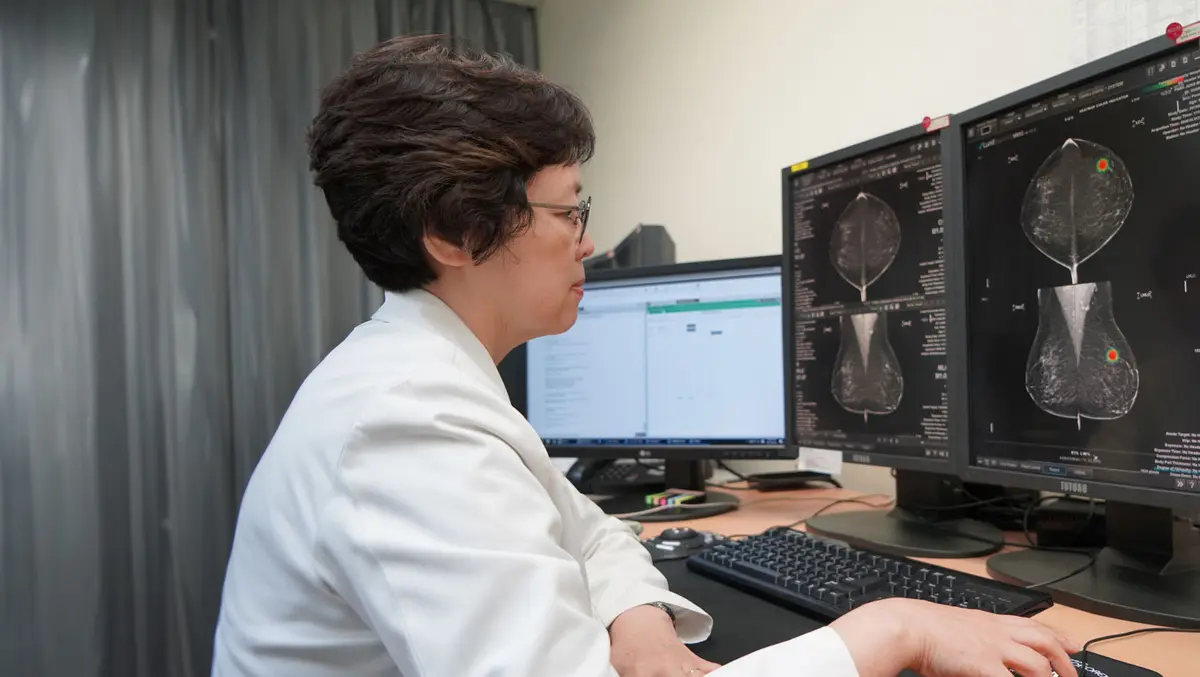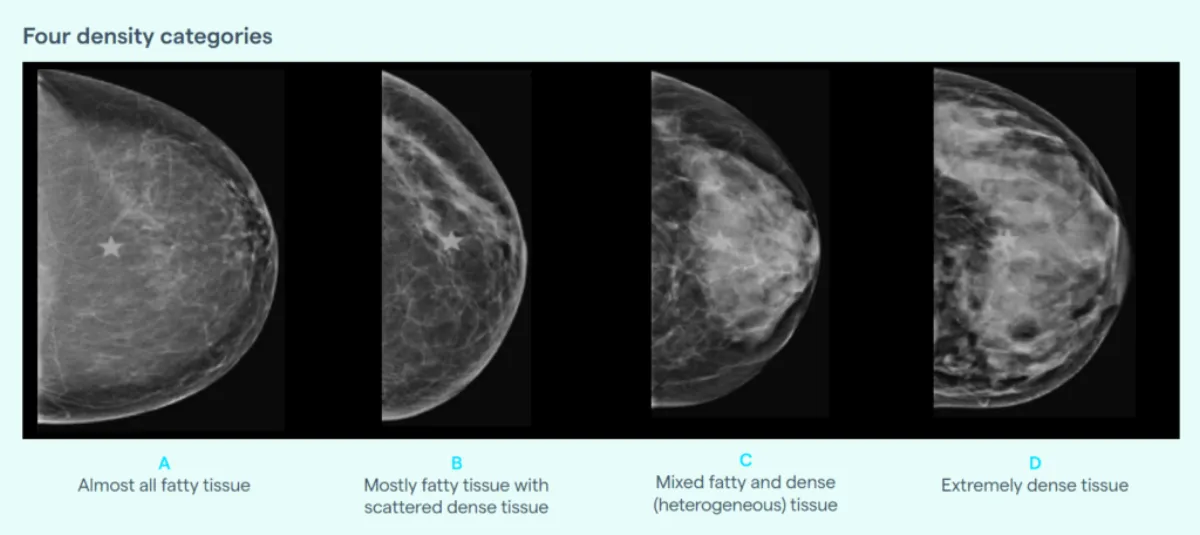
Exclusive: How AI is transforming breast cancer detection and saving lives
Volpara Health is transforming breast cancer detection through its mind-boggling AI software, helping healthcare providers improve early diagnosis and patient outcomes.
Breast cancer remains one of the most pressing health concerns worldwide, but technological advancements are resulting in early detection and helping save more families from cancer.
Volpara Health, a company founded in Wellington, New Zealand, has developed AI-driven software that enhances the accuracy and efficiency of breast cancer screening.
With a presence in over 2,000 healthcare facilities globally, its technology impacts nearly 15 million patients each year.
In 2022, over 2.3 million women throughout the world were diagnosed with breast cancer, with over 670,000 deaths attributed to breast cancer that year.
Tana Isaac, Volpara Health's Executive Vice President of Product and Technology, spoke with TechDay during an exclusive interview, to discuss the crucial role AI is playing in saving lives.

AI-powered screening
The company pioneered an AI method to objectively assess breast density, something Isaac describes as "a crucial factor in cancer detection."
"Up to 50% of cancers can be missed in women with dense breasts (category C and D)," he said.
"Our technology ensures accurate, consistent assessment of breast density to support clinicians selecting the right care path for their patients"
Volpara expanded its software to assess overall cancer risk, integrating factors like family history.
"We support both private imaging centers and public screening programs, making breast cancer screening more accurate and efficient."
Saving lives one step at a time
For one woman, Jane Park, Volpara's technology was life-saving.
"Volpara's software and focus on early detection led to my breast cancer diagnosis," she said.
Despite routine screenings and no family history, Park's dense breast tissue concealed her cancer. Only after learning about dense breasts as a risk factor did she pursue further testing, which revealed a Stage 2a tumor.
"If I'd known earlier, my diagnosis could have come even sooner. My story ended well, but many women aren't as fortunate."
Isaac admits his commitment to Volpara's work is "deeply personal."
"My wife is wahine Māori. Her mother survived breast cancer, but her grandmother didn't," he explained.
"Māori women are 33% more likely to die from breast cancer within 10 years of diagnosis. That drives me every day."
Using AI as an assistant, not a replacement
Lunit recently acquired Volpara, strengthening its AI capabilities. Lunit's AI detects malignant lesions early, aiding radiologists.
"Early detection reduces mortality and cuts treatment costs significantly," Isaac said. "AI acts as a second reader, improving accuracy and addressing the global shortage of radiologists."
Lunit INSIGHT MMG can triage 60% of mammogram cases without missing any breast cancers, significantly reducing radiologists' workload while maintaining accuracy, according to a study published in The Lancet Digital Health.
In some regions, AI replaces a second human reader.
"In New South Wales, AI supports mammogram evaluations, reducing workload while maintaining accuracy," Isaac explained.
Global reach & AI for all populations
While based in New Zealand, 95% of Volpara's revenue comes from the United States.
It partners with healthcare providers like RadNet, Banner Health, and the US Defense Health Agency.
A major challenge in AI diagnostics is ensuring diverse representation in datasets.
"We build broad datasets and work with providers to fill gaps while maintaining strict privacy protections."
What does the future look like?
Volpara aims to lead AI advancements in breast cancer screening.
"We're exploring predictive AI models based on breast tissue composition, detecting subtle changes before cancer develops," Isaac said.
"AI can also help radiologists by ruling out normal cases, allowing them to focus on complex ones."
"Early detection saves lives," Isaac said. "That's what drives us forward."
